The number of individuals availing fixed deposits rose by 9.3% in the last quarter of December 2018. FDs continue to be one of the most popular investments schemes in India, customers prefer its substantial returns considering the guarantee it offers over time. However, what matters the most is utilising the returns generated by FDs for better financial planning.
Your fixed deposit returns depend on several factors such as the interest rate, deposit tenor, withdrawal, taxation, frequency of interest payment, etc. Besides, there are specific factors that affect the interest rate on fixed deposit, such as –
Investment amount- With higher investment amounts, you get to enjoy an attractive interest rate and gain substantial returns. You can use an FD calculator to determine your returns.
Tenor- longer investment tenor offers you with competitive interest rates.
Types- There are two types of fixed deposits such as the cumulative fixed deposits and non-cumulative fixed deposits. Cumulative fixed deposits provide a maximum interest rate to offer you considerable returns.
Age of applicant- Interest rates for senior citizens are comparatively higher than for applicants below 60 years of age. Such rates are one of the reasons why senior citizens should invest in fixed deposits.
Given below how financial institutions calculate their FD rates. There are two types of interest rates which may apply on your FD –
-
Simple interest rate
The formula for calculating simple interest rate- SI = (P X R X T)/100.
Where, SI = simple interest; P = principal or invested amount; R = interest rate per year; T = deposit tenor.
Let us understand the calculation with an example.
Suppose you have deposited an amount of Rs. 35,000 for 6 years at an interest rate of 8%. The amount you will receive at the end of 6 years as interest will be –
SI = (35,000 X 8 X 6)/100 = Rs. 16,800.
The total amount you will benefit from at the end of your tenor will be P+SI = 35,000+16,000 = Rs. 51,800. Alternatively, you can use an FD calculator to simplify the process of calculations.
-
Compound interest rate
Let us understand the calculation on the compound interest rate with an example.
Suppose we use the same example that is a deposit amount of Rs. 35,000 for 6 years at an FD rate of 8%.
We will calculate the simple interest rate for the first year which is (35000 X 8 X 1)/100 = Rs. 2800.
This amount will then be added to your invested amount with which you will calculate the interest rate for the second year, i.e. –
[(35000+2800) X 8 X 1]/100 = Rs. 3024.
We will use the same method to calculate the interest for all the years. You can also use an FD calculator to determine your returns with ease.
Your FD tenor affects your interest rates in the following ways –
- The longer the tenor, the higher the interest rate.
- Renewals or reinvestments increases the chances of obtaining the maximum interest rates.
- A fixed deposit with longer tenor saves you from fluctuating or variable interest rates.
Taxation
Any fixed deposit with a tenor below or above 5 years is eligible for Tax Deduction at Source or TDS deductions. Also, the interest earned on a fixed deposit is taxed if the amount is above Rs. 10,000. The interest amount will be counted along with your total annual income and will be taxed based on your income.
In case your interest amount is more than Rs. 10,000 your financial institution or NBFC will deduct TDS, which you can claim at the end of each financial year by submitting Form 15G or Form 15H. Form 15H is to be submitted by senior citizens while Form 15G is to be submitted by investors below the age of 60 years.
To obtain an attractive interest rate and substantial returns you can apply for a fixed deposit from Bajaj Finance that offers a flexible tenor ranging between 12 months and 60 months at an interest rate of up to 8.70%.
You can also enjoy access to an online FD calculator with which you can compute your returns depending on your invested amount, deposit tenor and interest rates. You can also avail a loan against your fixed deposit to manage several expenses like medical costs, education fees, professional emergencies, etc. of up to Rs. 4 Lakh.






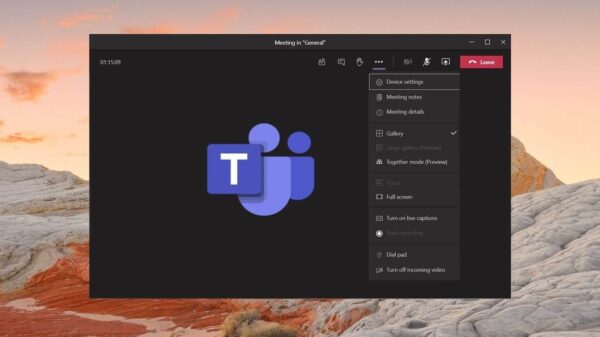


















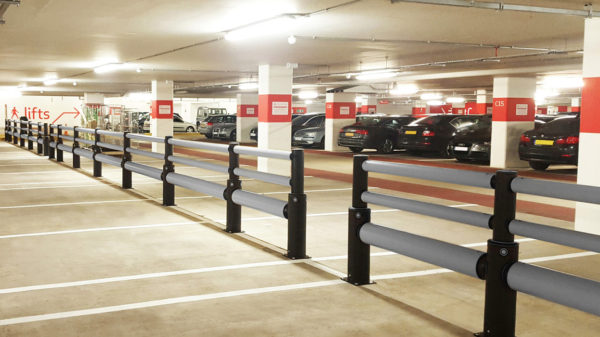








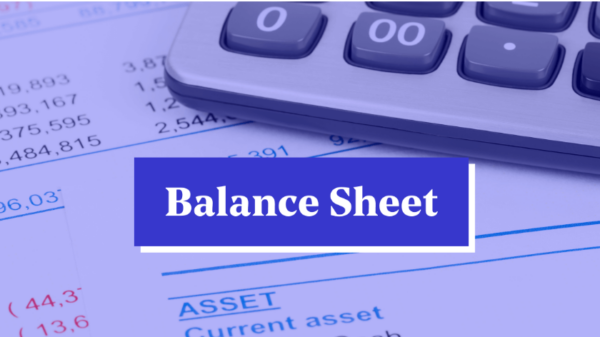











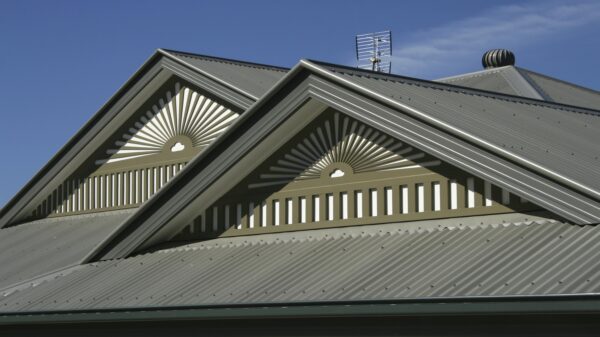


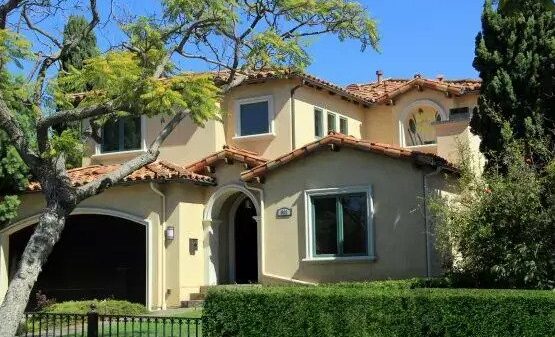













You must be logged in to post a comment Login